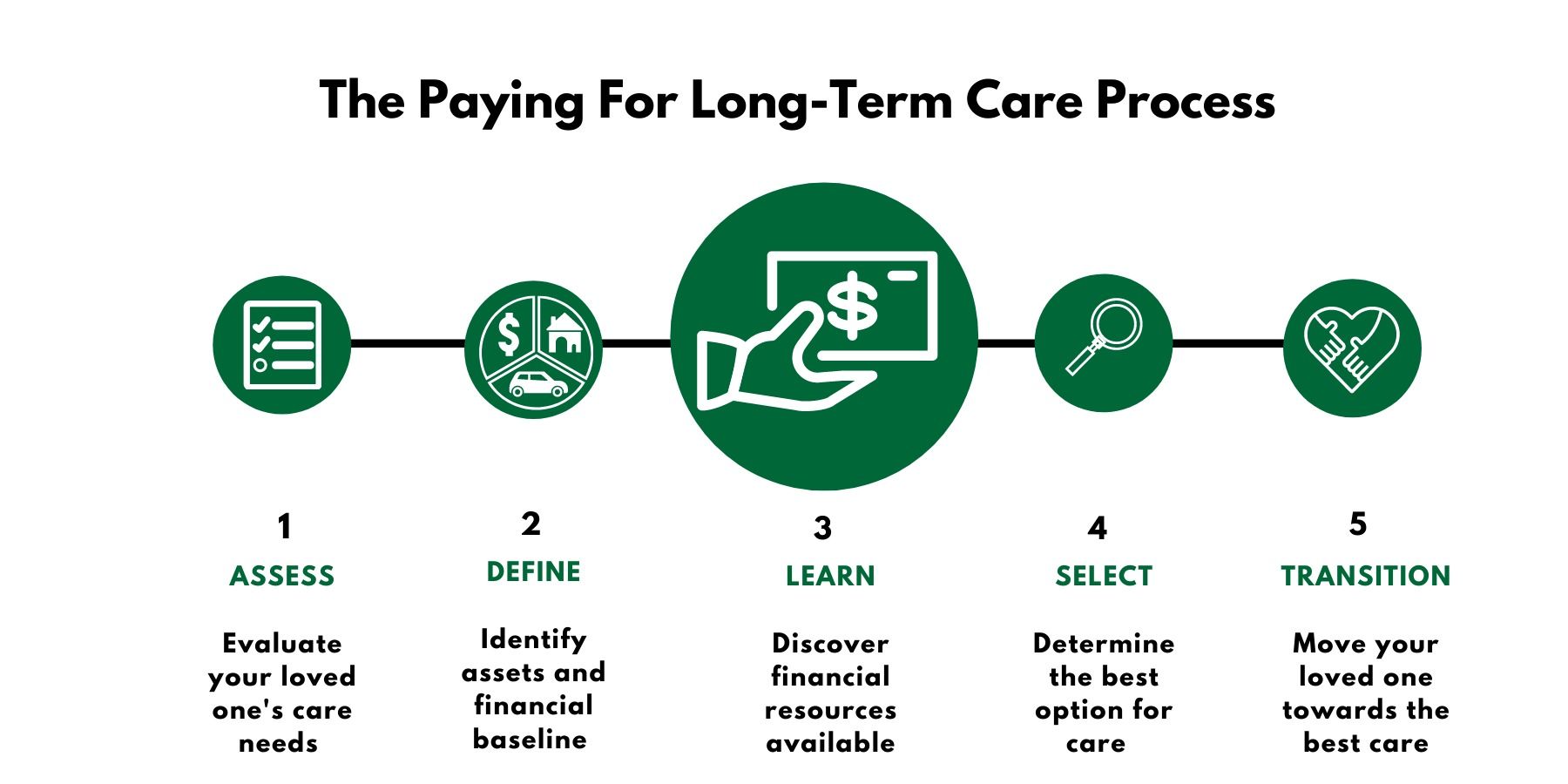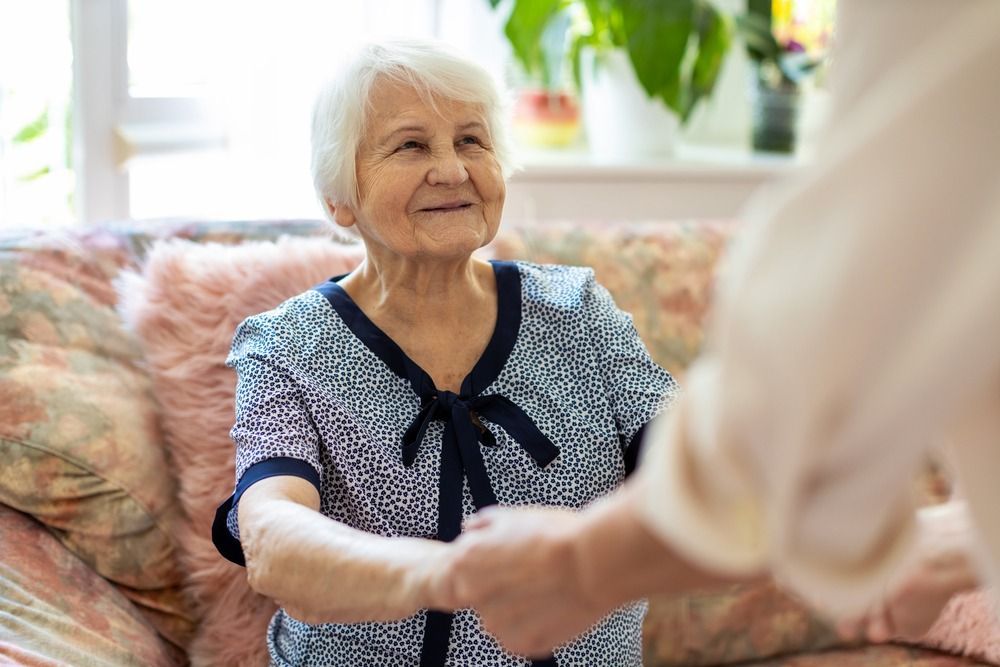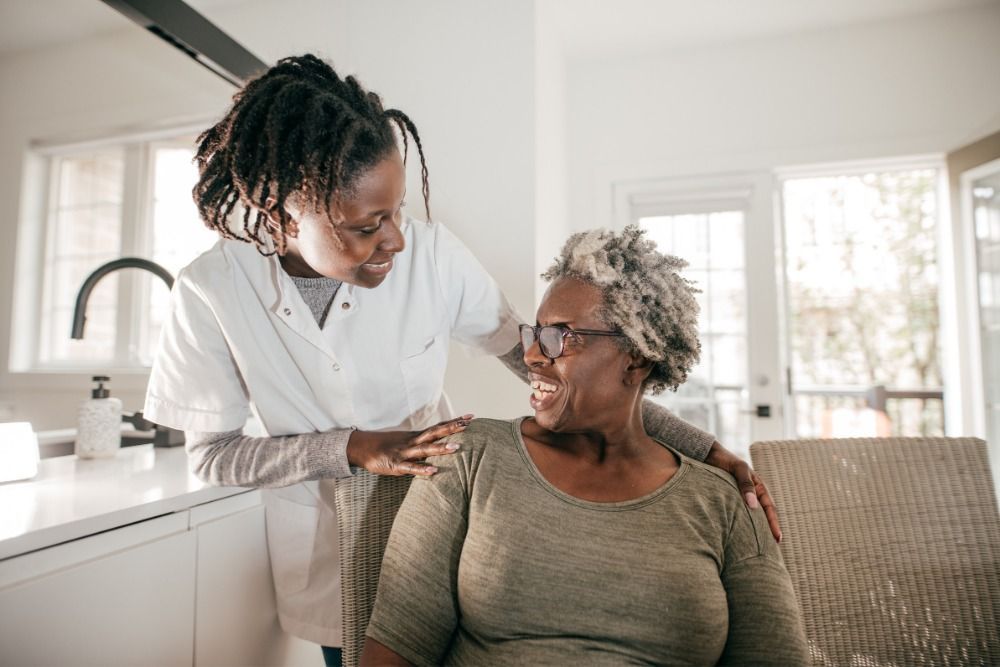Real Estate Resources
Download a Checklist for Getting Your House Ready to Sell

Step 3: Discover Financial Resources
From downsizing to renovations to prepping the home for sale to hiring a realtor to showings, getting the house ready to sell can be one of the most emotional and time-consuming parts of the transition journey.
Fortunately, there are various real estate professionals who can help. However, it’s important to choose wisely: the right person can make the selling process much less stressful; the wrong person can cause the opposite.
So how can families know who they should hire?
Whether you decide to work with either a traditional real estate agent or a Certified Senior Home Buyer, it’s all about asking the right questions – and getting the right answers.
Questions to Ask Before Working With A Certified Home Buyer
How many houses do you buy a year?
Work with someone who has extensive experience buying homes, can provide proof of funds, and will follow through on purchasing your house. Their answers will be a strong indicator of whether they’ll close on time and at the offered price, with no surprises or hiccups.
What is your commission fee?
There are no commission fees charged by Certified Senior Transition “As-Is” Cash Buyers.
Do you wholesale houses or rehab houses?
Hire a professional who has experience with doing both.
What are your certifications?
You should ideally be working with a certified home buyer who is specifically trained to address your family’s situation. In other words, a Certified Senior Transition “As-Is” Cash Buyer who is compassionate to families transitioning a loved one into senior living.
Questions to Ask Before Working With A Traditional Real Estate Agent
How will you market my home?
This is an important factor in how quickly your family’s home will sell. Marketing drives higher demand, which means more homebuyers: more homebuyers can mean a higher selling price in a shorter amount of time. A good real estate agent will have an actionable marketing strategy and a track record of success.
What do I need to do to get my home ready to sell?
Sellers often make the mistake of spending time and money on things that don’t matter. Your goal should always be to spend the least amount of money – and only on things that will bring a return on investment. The best real estate agents know exactly what will make your home more appealing to buyers.
What’s your average days on market?
The average days on market is the timeframe from when your house is first listed to when you’ve accepted an offer. Compare their number with other agents…a higher-than-average number of days indicates that the agent is overpricing their listings. A lower-than-average number is almost always an indication that they’re underpricing the homes they sell.
What is your commission fee?
Real estate commission is typically 5%–6% of the home’s sale price. In most cases, the agent will receive 2.5%-3% in commission.
Download a Checklist for Getting Your House Ready to Sell
Related Articles



